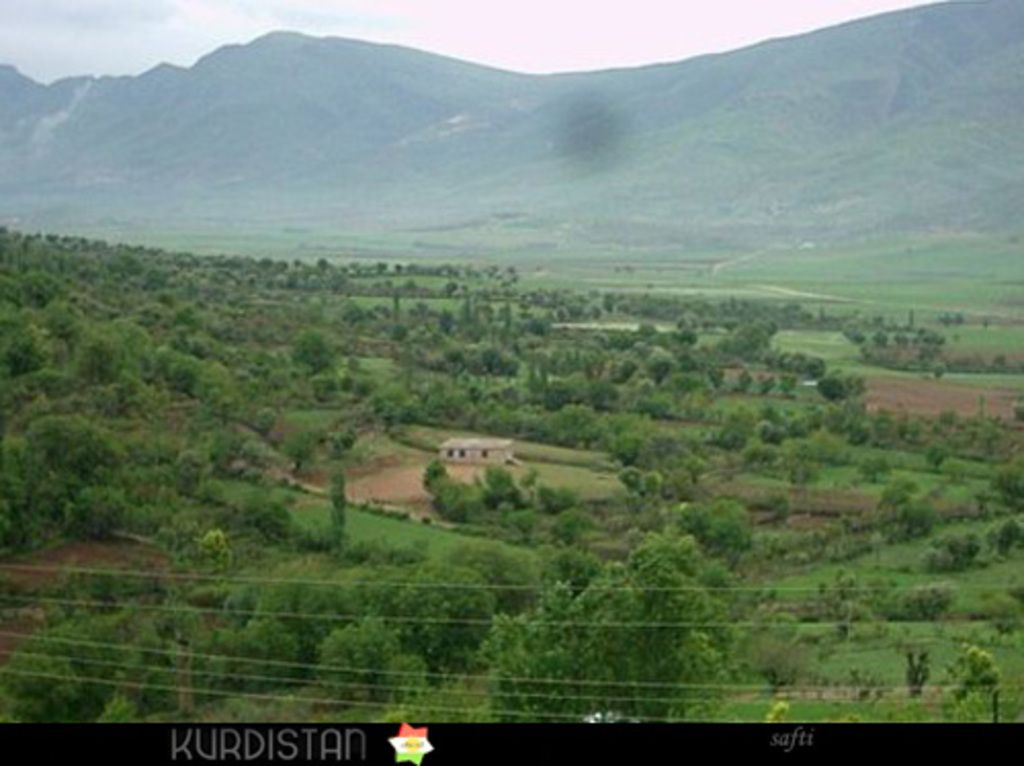Arab States and Turkey Slam Israel's Actions Against Iran: A Call for Peace in the Middle East
Social Media Sharing:
Countries in the Arab region, along with Turkey, critically denounce Israeli strikes against Iran.
The Middle East's Leaders Take a Stand
Arab states and Turkey have united in condemnation of Israel's strikes on Iran. The Jordanian Foreign Ministry, along with the foreign ministers of Algeria, Egypt, Iraq, Jordan, Kuwait, Libya, Mauritania, Pakistan, Saudi Arabia, Sudan, and Turkey, issued a joint statement, declaring the ceasing of Israel's hostilities against Iran as a matter of urgency [1][2].
The goal is to establish a comprehensive ceasefire in the Middle East, fostering a region free of nuclear weapons and other weapons of mass destruction [1]. All states are called upon to join the Nuclear Non-Proliferation Treaty, including Israel, which hasn't signed the 1968 agreement to regulate the spread of nuclear weapons [1].
Strategic Interests and Regional Balances
The Arab world's stance toward Israel's aggressive actions is multifaceted, reflecting complex regional geopolitical considerations. While publicly criticizing Israel, many Arab states secretly support the weakening of Iran, seen as a threat to their own security. This ambivalent stance signifies a delicate balancing act for maintaining stability and countering Iranian influence in the region [2].
Turkey, with a historic balancing act between Israel and Iran, has not yet publicly commented on the recent escalations but may lean toward discouraging Israel's actions to counterbalance regional tensions [3].
Path to a Comprehensive Ceasefire
To achieve a lasting ceasefire, the Arab states, Turkey, and the international community must contribute diplomatic efforts. The international community, particularly the U.S. and European nations, could mediate a peaceful resolution by applying diplomatic pressure on both Israel and Iran [3]. The United Nations could also facilitate negotiations or propose resolutions to stabilize the region [3].
Iran, facing potential pressure from Israel's strikes, could respond by accelerating its nuclear program or seeking support from other regional actors to counterbalance Israel's aggressive actions. The international community must recognize and address these underlying tensions and work diligently to create a more peaceful and secure Middle East [1][2].
[1] ntv.de, dpa[2] Arabs, Muslim countries Call for De-Escalation in Middle East, Al Jazeera English, 2023-03-06[3] Arab and Muslim States Call for De-Escalation in Middle East, Reuters, 2023-03-06
- It is crucial for the international community to cooperate in implementing the community policy proposed by Arab states, Turkey, and others, aimed at achieving a comprehensive ceasefire in the Middle East, especially considering the ongoing war-and-conflicts and politics surrounding the region.
- In light of the general-news reports of Arab States and Turkey condemning Israel's actions against Iran, it is imperative that all parties involved work together through cooperation and diplomacy to avoid further escalations and strive for peace and stability in the Middle East.








